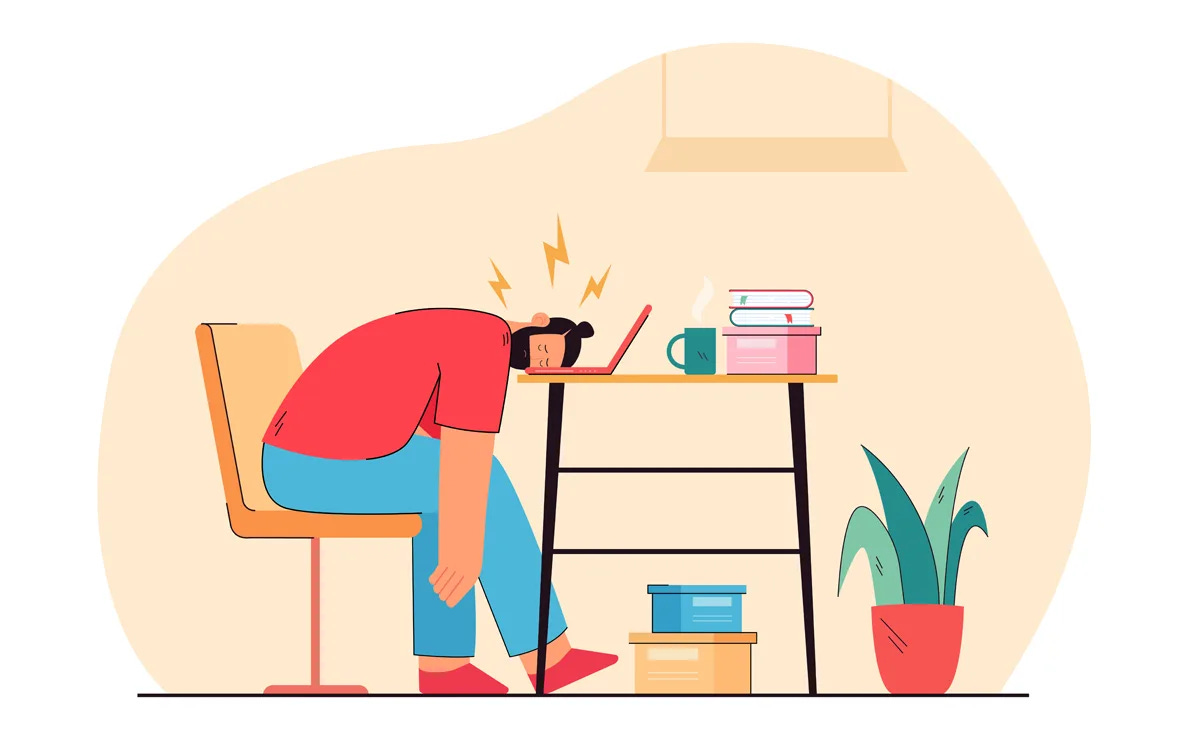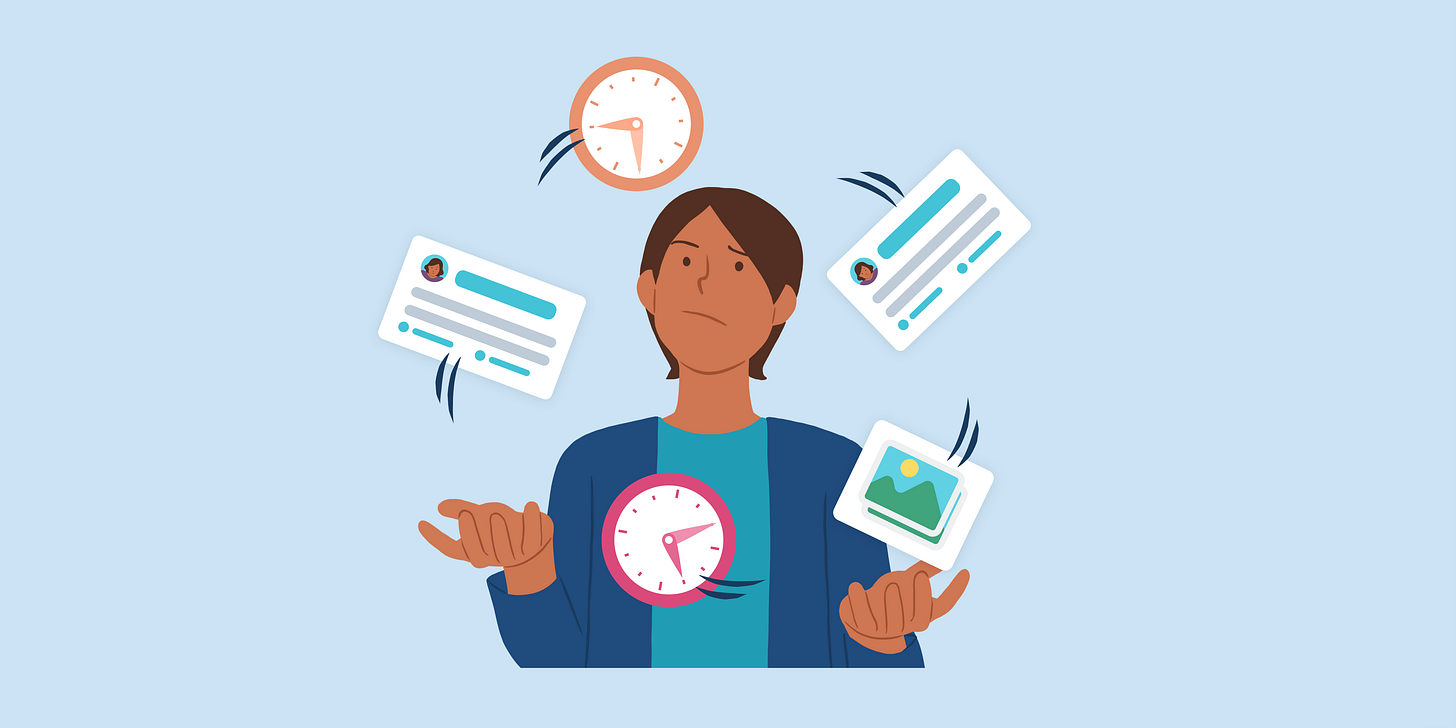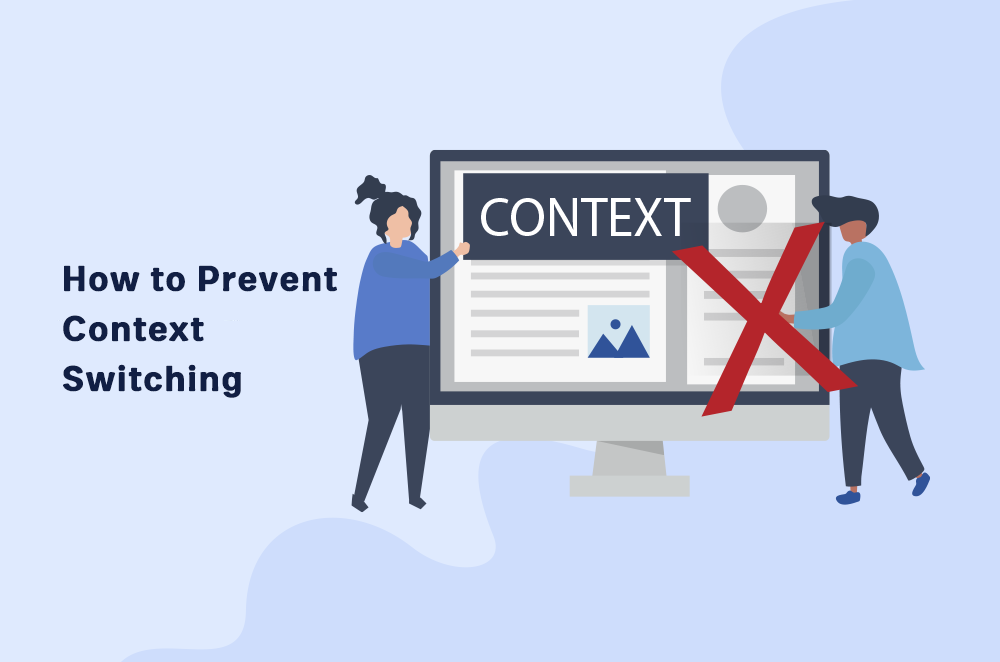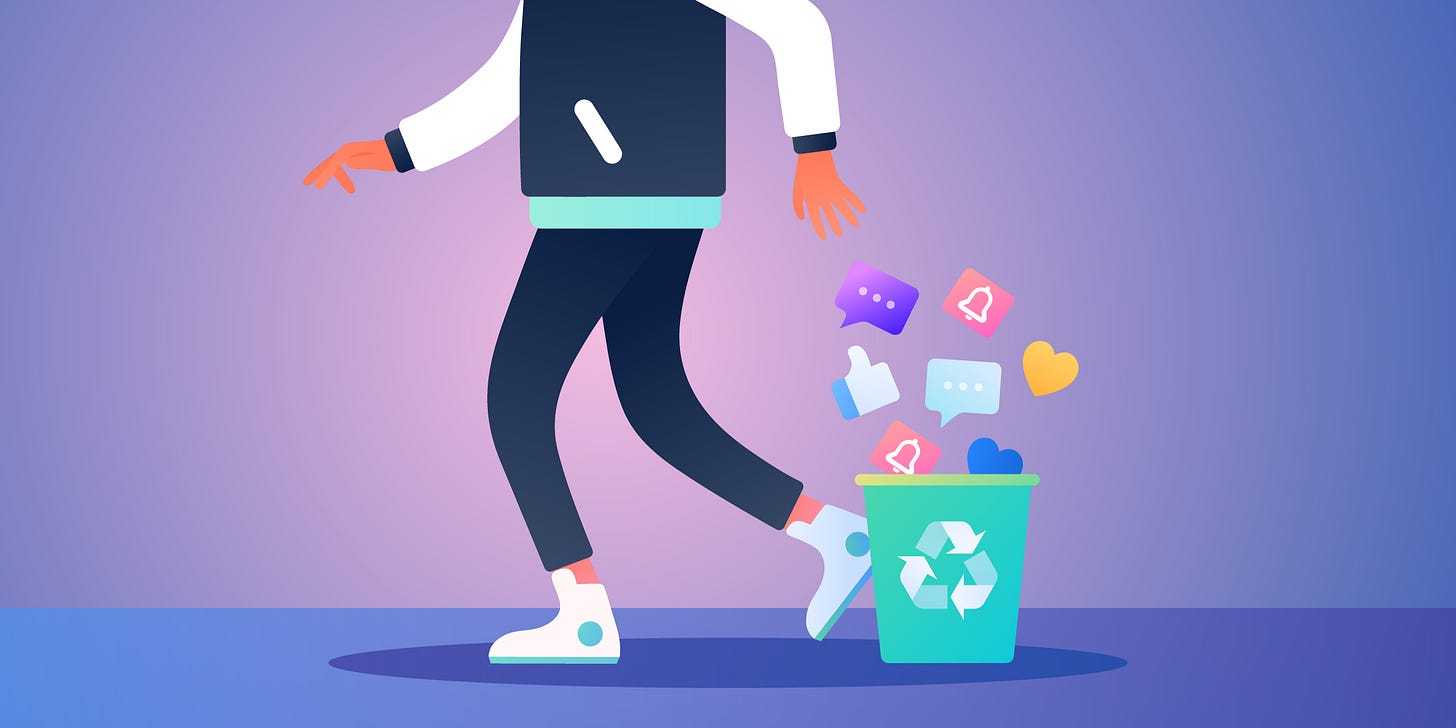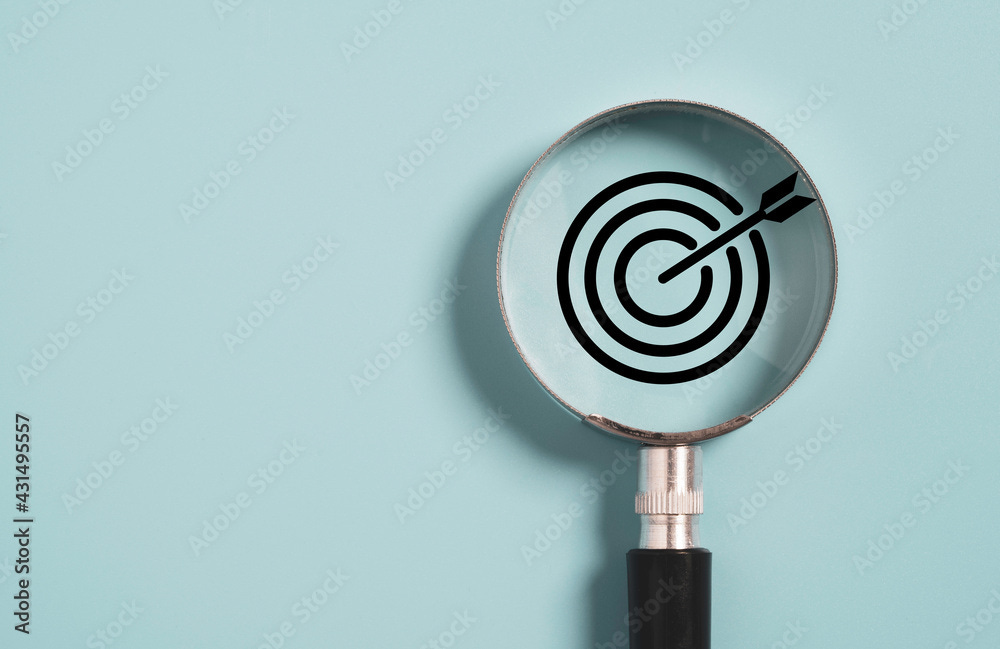Why Are You Tired? and how to FIX it...
It's not because you have too much work, then what is it? Find out...
Imagine you’re sitting at your desk, your fingers resting on your soft keyboard as you set out to write your research essay on a Saturday morning. You have coffee by your side and you feel ready to go. Your first task is to find sources to support your arguments for your essay. Your clicky fingers are fired up and you find a nice article. While you’re on that page, you see another linked page that steals your attention right away.
You try to stay focused, but the article is too tempting and you finally click on the “Why cats are better than dogs?” article. Then you quickly take out your phone to send the article to your dog lover friend. While you text him, the unopened stories on Instagram fight for your attention. They win. You convince yourself you’ll just look at a few stories then hop back into work.
After about 10 minutes, you make it back to the research essay. You continue looking for more sources to write your essay and after about 2 hours, you manage to find just enough sources. As you were reading one of the sources, you stumbled upon a Mr. Beast YouTube video and ended up spending 30 mins there. Anyways, you’re now staring at your blank white Google Doc page that’s waiting to be filled up with words. Before you start typing, the email tab catches your attention, and you glance through to see if there’s a new email. You remember that you’re supposed to email your teacher for a recommendation letter for an internship. You quickly hit send on that email and get back to the Google doc.
You begin to type a few sentences, but immediately you feel mentally fatigued and your brain taps out. You’re tired. You think to yourself maybe you just have too much work to do. So, you decide to stop for now and look at your friend’s reaction to the provoking article on dogs.
Does that sound like your typical work sessions? Do you think that’s effective? Do you feel tired after doing a few hours of work?
Why Are You Tired?
As students, we often have lots of assignments pile up and we often resort to weekends or long weekday work sessions to finish them. We might start well, but after an hour or two hours of haphazard work, we feel tired. It seems like we have too much to do at once.
Most people pertain that tiredness to having too much work. They see their energy like a battery. Every unit of work drains some energy from the battery and if you have too many units of work in a day, you drain the battery empty and that’s what makes you feel tired.
As Cal Newport, author and podcaster, explains in his podcast episode, this is not completely true and the truth is a bit more complicated.
There are examples of people who do hours and hours of knowledge work (writing, reading, etc) every day and they don’t feel tired or burned out. For example, Maria Popova, blogger, and newsletter writer, writes 3 essays/posts a day, and at one point she used to have 50 tweets out a day. Also, her writing on her site was based on her reading large texts, so she reads about a book a day.
This is an extreme case, but this example shows mental tiredness must not be the volume of work.
What is Context Switching?
Instead, often, the mental tiredness is due to context switching. If you’ve never heard of this term, let me explain. Context switching is when you shift your focus between multiple activities when you are working.
In our earlier example, you switched from researching the sources to texting your friend, to using Instagram. All those activities have different contexts and when we change our focus to one, we lose focus on the others, making it hard to retain focus on one important activity. When we constantly switch between different activities, our brain is challenged with trying to juggle between multiple contexts, leading us to feel exhausted.
As Cal said, “The total amount of work they [ case studies like Maria ] do is large, the total amount of time they are shifting from one thing to another is small.”
Context switching affects not only mental tiredness but also the effectiveness of whatever we are doing. It can affect us when we are in class, when we are studying, or any other time when we are trying to focus.
If you can focus on one task at a time, you can get much more effective work done than haphazardly bouncing between many tasks.
When I first heard about this idea from Cal Newport a couple of weeks back, I knew it must be affecting me too. I wasn’t struggling with feeling tired, but I did struggle to concentrate on hard tasks for a long time and to do a lot of assignments in a day. I knew context switching was real because when I switch between activities, (AKA get distracted), it’s hard for me to focus and do effective work.
Since then, I’ve been trying to actively reduce context switching. It’s really difficult, as will be for most students. As students, we have many responsibilities, and it’s tempting to try to switch between them. There are some practical strategies I have been implementing to avoid context-switching and improve my focus.
Here are 5 practical strategies you can do to reduce context switching, these are a mix of strategies I found to be successful and strategies that Cal Newport suggests:
5 Strategies To Reduce Context Switching (and Improve Focus):
Turn off your phone📵: I know this isn’t what we want to hear, but more likely than not this is most of our main source of distraction. Think of how many times you pick up your phone while doing work on your laptop/computer. When we get distracted by endless notifications, we lose focus on the task we are doing, hence making it much harder to do deep work.
I don’t have notifications on my phone in general, but when I have the phone lying next to me, at any moment of difficulty or boredom, I pick it up and that ruins my focus. On some days, I’ve spent hours unintentionally scrolling or watching videos (shaking my head) and feeling terrible about it.
I suggest you do what I have been doing recently, which is, to turn off my phone completely and hide it away from my sight when I start doing work.
Even when I am looking for a distraction, I can’t access my phone, so I naturally just go back to the task at hand.
Close other tabs: This is a tiny trick that has been very helpful for me. Often we have so many tabs open in a window when we are working on something. Those tabs can distract you by getting your attention or slow you down by creating a crowded work environment.
I found that when I have tabs open for different subjects, I group the tabs based on their subject and remove them to another Chrome window. You can also group tabs for the same subject if the thing you are working on has several different parts. Even better, if you don’t need certain tabs immediately, delete them until you need to access them. The more distraction-free environment you can create, the more you can think clearly and focus.
Batch admin tasks into one time: A simple hack to avoid getting distracted by shallow, “admin” tasks is to batch them together into a time block. These tasks include checking or sending emails, organizing files, etc, and any other tasks that don’t take too long. This helps you avoid jumping between these shallow tasks and important work.
Consolidate texting or other nonwork activities: I understand for some of you, it’s a big ask to completely avoid your phone or have your notifications off. You don’t need to completely say bye to your friends or the Instagram reels. You can simply give yourself time to catch up on texting, phone time, or other distracting activities following a focused work session. That brings us to our next strategy:
Practice time blocking (I need to do this too!): As Cal emphasizes, we should time block the hours we plan to work for.
Time blocking is simply allocating the hours of the day to specific tasks. That way, you can intentionally use the time you have most effectively. Read my post on time blocking here to learn more.
Final Remarks
I genuinely hope that some of these strategies help you reduce context switching and help you focus on a particular task for a long period. I suggest, just starting with one. I can guarantee that it will make a difference. I will be sure to continue implementing them and honing my focusing skills. The more I focus, the better and more efficient work I get done.
Thank you so much for reading. Check out Cal Newport’s Podcast episode here.
Please like this post and subscribe if you haven’t. Feel free to comment, too. Also, I am thinking about doing a voice-over for the posts, so you all have a choice between reading or listening. I know from personal experience, that even if I can’t make time to read, I can listen on the go. It would mean so much to me if you could comment and let me know what you think.
Have a beautiful week. See you next time : )
(P.S.: I am team Cats)


